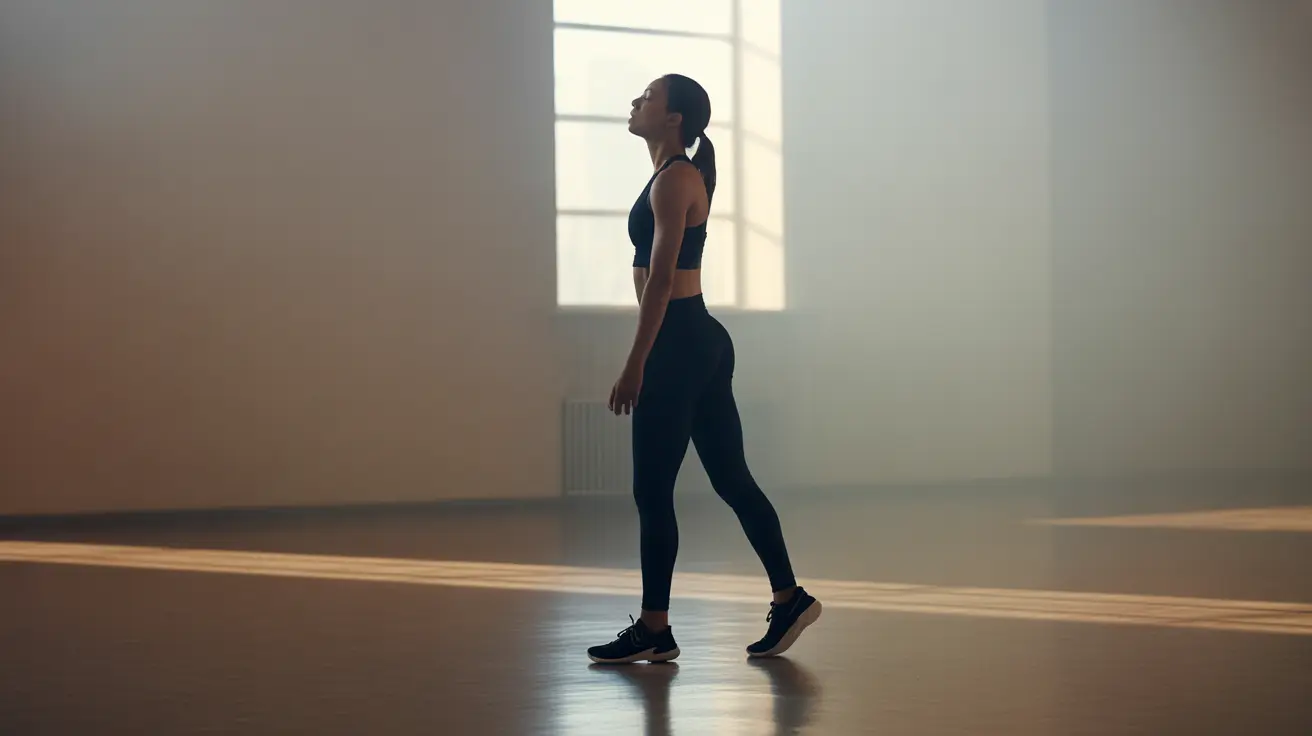Anxiety in sports is a common challenge that affects athletes at all levels, from amateur enthusiasts to elite professionals. This complex psychological phenomenon can significantly impact athletic performance, making it crucial for athletes, coaches, and sports professionals to understand and address it effectively.
Whether experienced during crucial game moments, important competitions, or regular training sessions, sports-related anxiety can manifest in various ways and affect both physical performance and mental well-being. Understanding its nature and learning effective management strategies is essential for athletic success.
Physical and Mental Manifestations of Sports Anxiety
Athletes experiencing anxiety in sports often face a range of physical and psychological symptoms that can affect their performance. Physical manifestations commonly include:
- Increased heart rate and blood pressure
- Muscle tension and tremors
- Sweaty palms
- Shortness of breath
- Nausea or stomach discomfort
The mental symptoms can be equally challenging:
- Racing thoughts and worry
- Difficulty concentrating
- Fear of failure
- Negative self-talk
- Decreased confidence
The Impact of Anxiety on Athletic Performance
When anxiety takes hold during sports activities, it can significantly affect an athlete's ability to perform at their best. The impact often extends beyond just physical execution, affecting decision-making abilities and overall game awareness.
Performance decrements typically manifest through:
- Reduced coordination and fine motor control
- Impaired reaction time
- Decreased spatial awareness
- Limited strategic thinking
- Hesitation in crucial moments
Understanding the Arousal-Performance Relationship
The relationship between anxiety and performance follows what's known as the Yerkes-Dodson law, which suggests that moderate levels of arousal can actually enhance performance, while too little or too much can be detrimental. This optimal zone of arousal varies among individuals and sports types.
Factors Contributing to Sports Anxiety
Several factors can contribute to anxiety in sports:
- High expectations from self or others
- Previous negative experiences
- Importance of the competition
- Level of preparation
- Environmental pressures
Effective Management Strategies
Athletes can employ various techniques to manage anxiety effectively:
Pre-Competition Strategies
- Progressive muscle relaxation
- Visualization exercises
- Controlled breathing techniques
- Establishing pre-game routines
- Mental rehearsal
During-Competition Approaches
During competitive events, athletes can utilize:
- Focus cues and trigger words
- Positive self-talk
- Mindfulness techniques
- Brief relaxation exercises
- Performance routines
Age-Specific Considerations
Young athletes and adults often experience and handle anxiety differently. Young athletes may need more support in developing coping mechanisms and understanding their anxiety responses, while adult athletes might struggle with accumulated pressure and expectations built over years of competition.
Frequently Asked Questions
What are the common physical and mental symptoms of anxiety during sports performance?
Common physical symptoms include increased heart rate, muscle tension, sweating, and digestive issues. Mental symptoms typically involve racing thoughts, fear of failure, difficulty concentrating, and negative self-talk.
How does sports performance anxiety affect an athlete's focus and skill execution?
Sports performance anxiety can impair concentration, reduce coordination, slow reaction times, and lead to hesitation in decision-making. It often causes athletes to overthink normally automatic movements and skills.
What causes sports anxiety and how does the level of arousal impact athletic performance?
Sports anxiety can be caused by pressure to perform, fear of failure, past negative experiences, and high expectations. The impact of arousal follows an inverted-U pattern, where moderate levels enhance performance while too little or too much impairs it.
What are effective strategies to manage and reduce anxiety before and during competitions?
Effective strategies include controlled breathing exercises, progressive muscle relaxation, visualization, establishing pre-game routines, and using positive self-talk. During competition, focus cues and mindfulness techniques can help maintain composure.
How can young athletes and adults differently experience and cope with performance anxiety in sports?
Young athletes often need more guidance in developing coping strategies and may be more affected by external pressures. Adult athletes typically have more experience managing anxiety but may deal with accumulated pressure and higher personal expectations.




